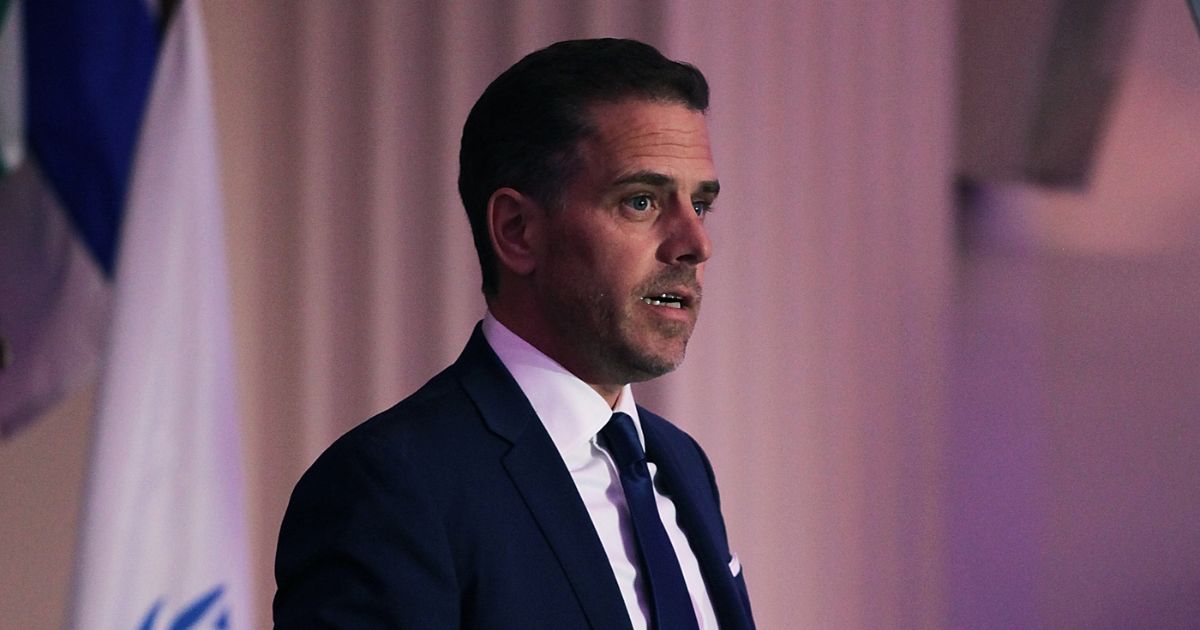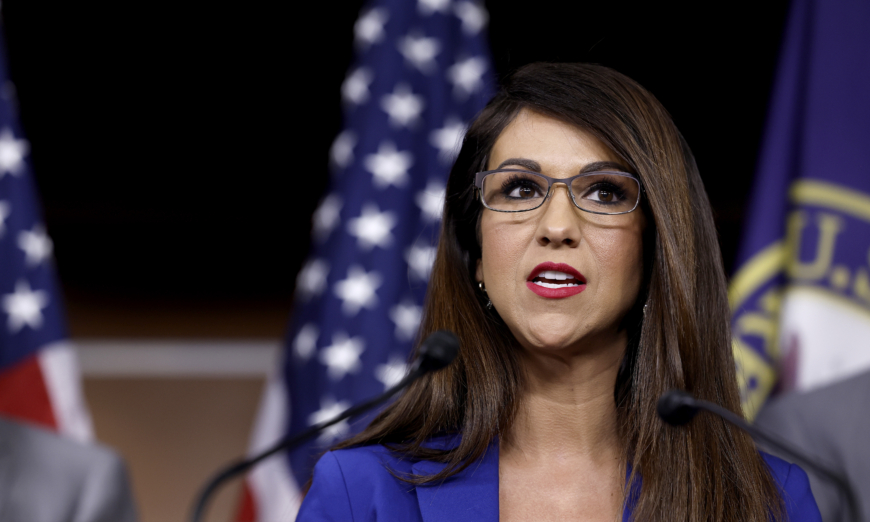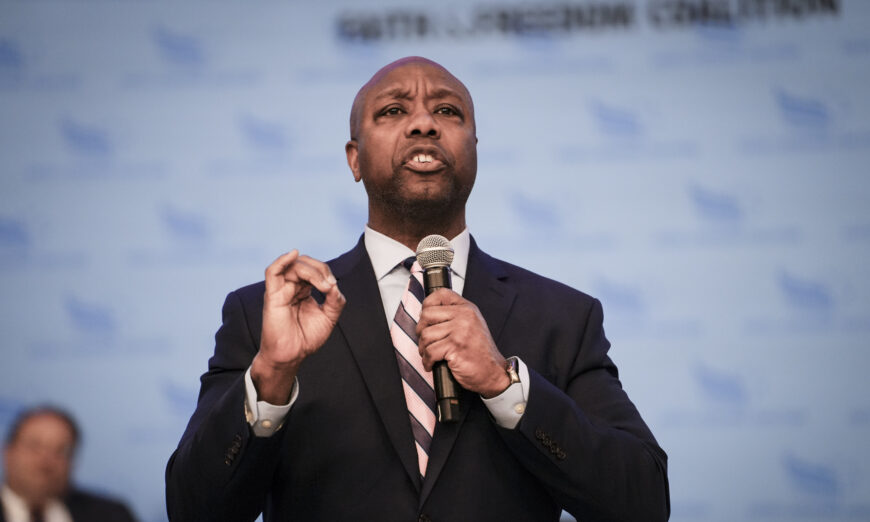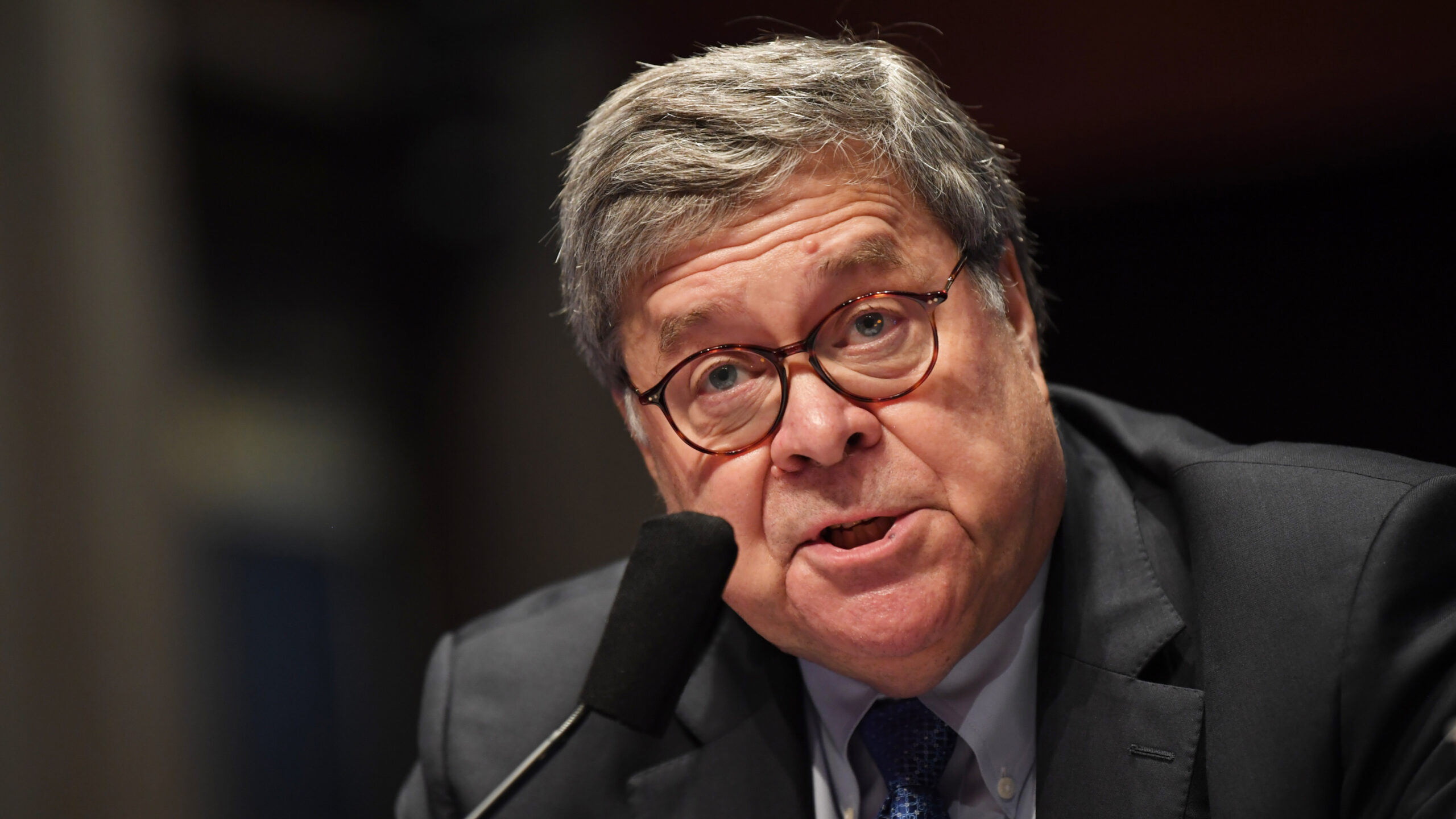New Biden Admin Rules Force 67 Percent of Cars Sold to Be Electric by 2032
The US is set to move closer to electric vehicles (EVs) following two proposed federal rule changes announced by President Joe Biden aimed at reducing greenhouse gases and other pollutants in motor vehicle emissions. The changes, which are expected to affect almost all gasoline-powered vehicles on US highways, include a target for 67% of new passenger vehicles and light trucks to be EVs by 2032 along with 50% of buses, 35% of short-haul freight tractors, and 25% of long-haul freight tractors, and also aims to save consumers approximately $12,000 in fuel and maintenance costs in the lifespan of a vehicle. Estimates from the Environmental Protection Agency (EPA) suggest that almost 10 billion tons of carbon dioxide emissions could be avoided through 2055 if the rules are approved.
The ultimate goal of the new rules is to have 50% of all new cars and light trucks, and 30% of new medium- and heavy-duty trucks, that are sold in 2030 be zero-emission vehicles, thus taking the country one step closer to President Biden’s long-term environmental targets. Critics, however, have claimed that the new rules have been implemented without a proper assessment of the ability of the nation’s supply chain to meet the demand for EVs, which will drive up the cost of new cars for consumers.
The Biden administration, through investment worth around $31 billion in the development of clean transportation over the past few years, has been accelerating the shift towards EVs, from improvements in the EV battery production supply chain, the creation of a network of EV charging stations, and loans given to companies that manufacture EVs and related components to aid with in-country manufacturing. A number of states and US car manufacturers have also taken up the voluntary challenge, with Ford, General Motors, and Stellantis announcing in 2021 that they would aim to reach EV sales of at least 40% of all their new vehicle sales by 2030. Similarly, in the same year, six leading automakers issued a pledge to stop selling gas and diesel-powered cars globally by 2040.
Reaction to the new rules was polarized. Republicans, including Senator John Barrasso and Senator Shelley Moore Capito, immediately criticized the announcement, whilst automakers worldwide, despite there being a level of skepticism around the new policy’s objectives, still plan to invest $1.2 trillion towards the technology of creating EVs by 2030 as an industry.
" Conservative News Daily does not always share or support the views and opinions expressed here; they are just those of the writer."





